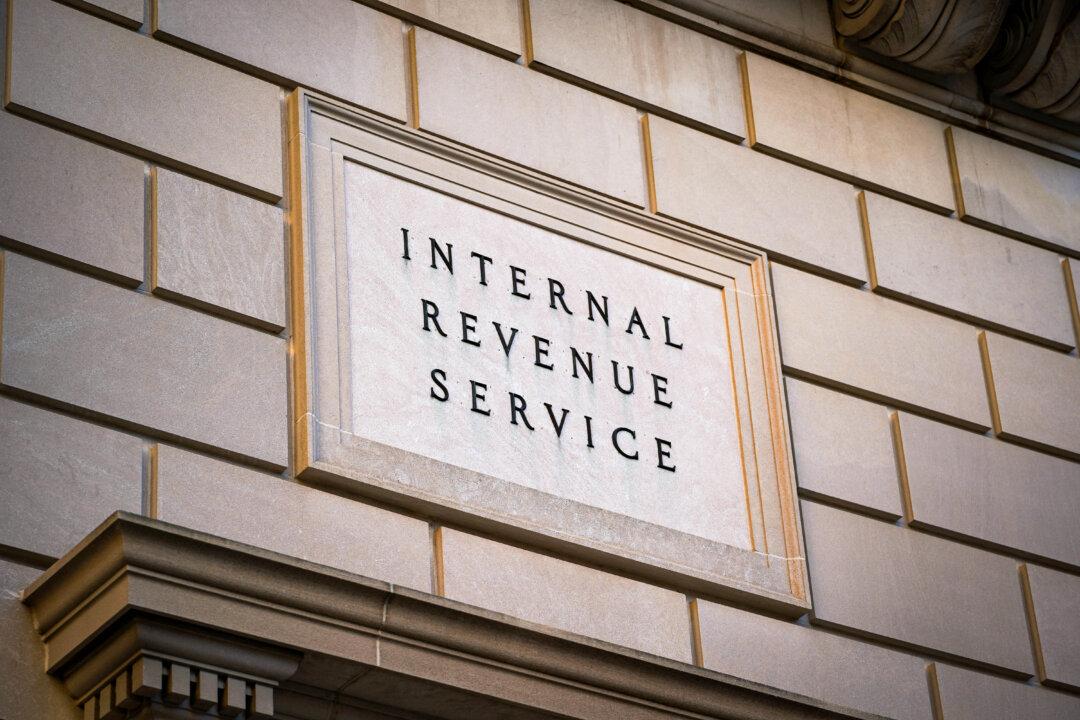The Internal Revenue Service (IRS) alerted taxpayers that expenses related to general health and wellness needs will not be considered medical expenses under tax law and thus cannot be deducted from certain health-related accounts.
Some companies are falsely claiming that notes from doctors based on self-reported health information are sufficient to convert non-medical food, wellness, and exercise expenses into medical expenses, the IRS said in a press release on March 6. However, such notes will not qualify general health expenses as medical expenses, the agency clarified. According to the IRS, medical expenses include “costs of diagnosis, cure, mitigation, treatment, or prevention of disease, and for the purpose of affecting any part or function of the body.”





